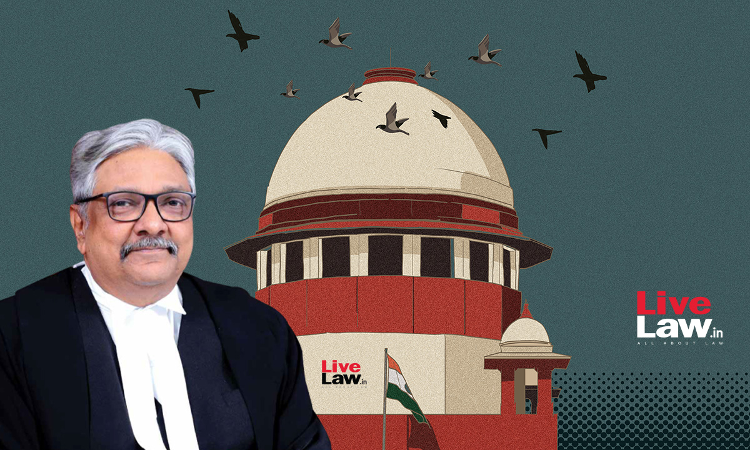"Pained That You've Put It To Religion" : Supreme Court Judge On Plea Against Wakf Act
Rintu Mariam Biju
19 Sept 2022 6:28 PM IST

Next Story
19 Sept 2022 6:28 PM IST
The Supreme Court on Monday orally expressed reservations regarding the arguments made by a petitioner against the Wakf Act. A bench comprising Justices KM Joseph and Hrishikesh Roy was considering a petition filed by BJP leader Ashwini Upadhyay seeking to transfer to Supreme Court the petitions challenging the Constitutional validity of the Wakf Act from the Delhi High Court.When the...
